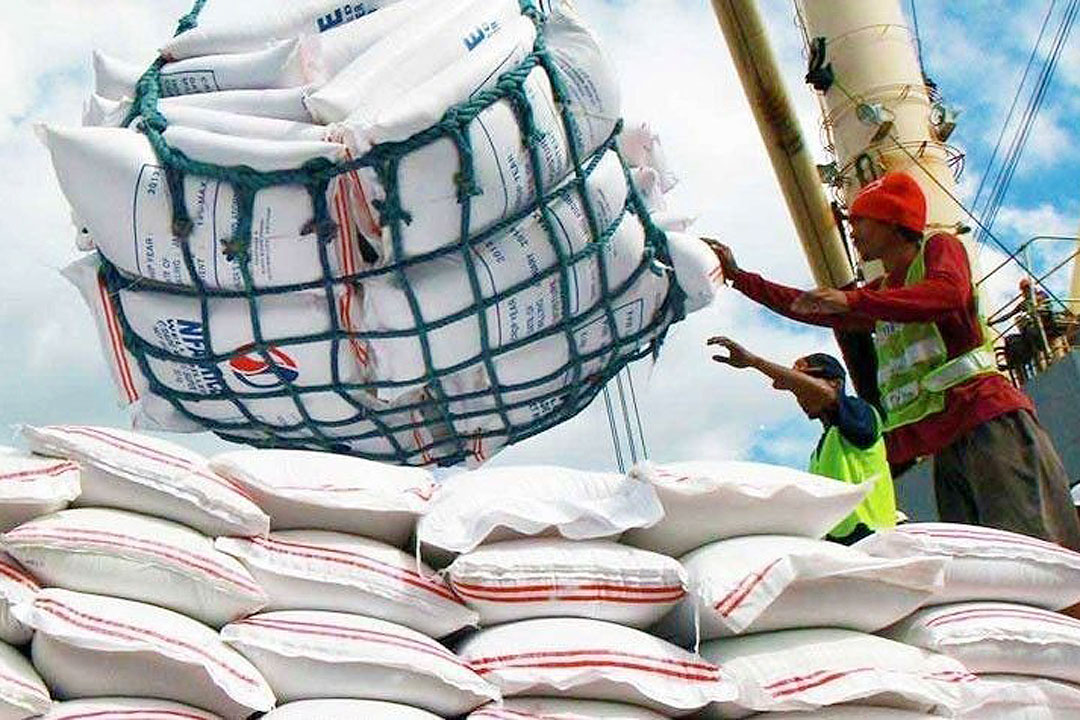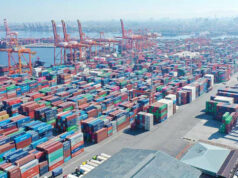
THE PHILIPPINES negotiated limited tariff reductions when it sought to join the Regional Comprehensive Economic Partnership (RCEP), ensuring that the trade deal will have only a muted impact on industries like agriculture, the Department of Trade and Industry (DTI) said.
“First of all, in the course of the negotiation, we ensured that our agriculture sector is protected. Protected in the sense that we are not giving a large improvement when it comes to tariff reductions or tariff eliminations compared to our existing free trade agreement (FTA),” Trade Assistant Secretary Allan B. Gepty said in a Laging Handa briefing on Thursday.
According to Mr. Gepty, only 33 tariff lines within the agriculture sector will have lower or zero tariffs if the Philippines joins RCEP.
“These 33 tariff lines are equivalent to 1.9% of the total agriculture tariff lines. And the only ones to benefit from this, if you are going to be technical about it, basically are Australia, New Zealand, China and South Korea,” Mr. Gepty said.
“The products with lower or no tariffs are those that the country does not produce or does not trade. So if we are talking about the effect or harm to the agriculture sector, I would say it is remote,” he added.
The Philippines is the lone RCEP signatory that has yet to finalize its participation to the FTA. The RCEP deal was signed by Former President Rodrigo R. Duterte in September 2021, but the previous Senate was unable to give its concurrence due to concerns over the free trade deal’s impact on agriculture.
RCEP started taking effect for Australia, Brunei Darussalam, Cambodia, China, Japan, Laos, New Zealand, Singapore, Thailand and Vietnam on Jan. 1, 2022. South Korea, Malaysia and Indonesia also have ratified the trade deal.
The agriculture industry has said the Philippines is unprepared to join RCEP, citing the lack of cold storage and inadequate irrigation that could help increase farm competitiveness.
Mr. Gepty said RCEP has safeguard measures to protect Philippine industry in the event of a surge in imports deemed damaging to domestic producers.
“In addition to these trade remedies, we have a provision on the modification of concession wherein you can ask for the adjustments of your commitment in the tariff rates that you have made within the RCEP agreement,” Mr. Gepty said.
“Other flexibilities like the general exceptions, security exceptions that are existing in FTAs where in the Philippines is a party to. In other words, we have plenty safety nets,” he added. — Revin Mikhael D. Ochave



